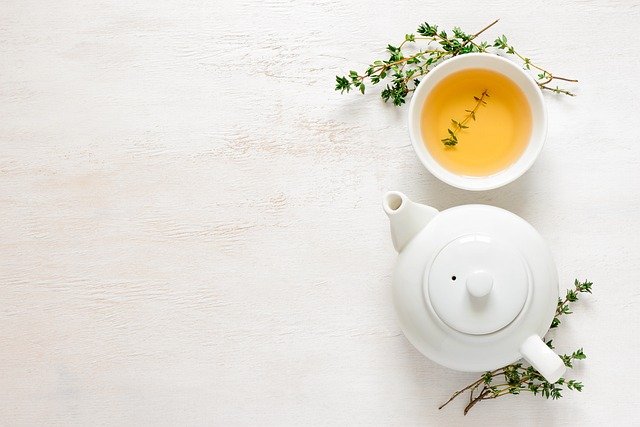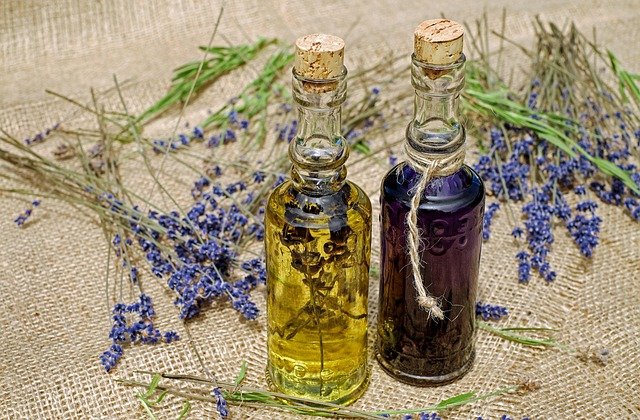Anxiety is a part of being human—but when it becomes a constant companion, it can affect every aspect of life. While therapy and medication are well-established treatments, a growing number of people are turning to natural remedies to complement their mental health routines. Backed by both research and therapist recommendations, here are 19 natural, practical, and accessible strategies to help you manage anxiety and find your inner balance.
1. Explore Therapy—Solo or in a Group
Therapy offers a personalized roadmap to understanding and managing anxiety. One-on-one sessions help you dig deep into personal triggers and coping strategies, while group therapy provides a sense of belonging and shared experience. As Licensed Clinical Social Worker Karmen Smith notes, “There is a natural healing component in connection and shared experience.”
2. Boost Your Magnesium Intake
This overlooked mineral plays a major role in regulating mood and calming the nervous system. Foods like almonds, black beans, spinach, and dark chocolate are rich in magnesium. If your diet falls short, a supplement may help—but always check with your doctor before starting one.

3. Check Your Vitamin D Levels
Low vitamin D has been linked to anxiety and depression. A simple blood test can reveal if you’re deficient. Try getting sun exposure, eating fatty fish, or taking a supplement to help lift your mood naturally.

4. Get More Omega-3s
Omega-3 fatty acids, particularly those found in fish oil, are vital for brain health and emotional regulation. Salmon, sardines, walnuts, and flaxseeds are great sources. Studies suggest omega-3s can ease anxiety symptoms over time.
5. Don’t Overlook B Vitamins
The B vitamin group, especially B12 and B6, support healthy stress responses. Vegans and vegetarians might need supplements, as plant-based diets can sometimes fall short on B12.

6. Try L-theanine
This amino acid, naturally found in green and black tea, may promote calmness without drowsiness. L-theanine supplements have gained popularity for their potential to reduce stress levels and sharpen focus.
7. CBD Oil: A Non-Intoxicating Option
Unlike THC, CBD doesn’t produce a high. Instead, it interacts with the body’s endocannabinoid system to support mood stability. Many users report feeling calmer without sedation. However, consult a healthcare provider to ensure it’s right for you.

8. Explore Complementary Therapies
There are many healing paths beyond talk therapy:
- Acupuncture has been practiced for centuries to relieve stress.
- Animal therapy offers unconditional support and comfort.
- Aromatherapy, with oils like lavender and peppermint, can instantly soothe.
- Hypnotherapy may uncover root causes of anxiety.
- Music therapy leverages rhythm and frequency to regulate emotions.

9. Practice Meditation
Mindfulness meditation teaches you to observe your thoughts without judgment, helping you remain grounded. Even five to ten minutes a day can significantly reduce stress.
10. Start Journaling
Writing down your thoughts offers emotional release and clarity. Studies show journaling can help teens and adults alike manage anxious feelings and make sense of emotional triggers.

11. Spend Time in Nature
Fresh air, sunshine, and the natural world can have an immediate calming effect. Whether it’s a walk in the park or a hike through the woods, nature promotes mental clarity and peace.
“Finding your natural environment can bring inner peace,” says Karmen Smith, LCSW.

12. Reduce Your Caffeine Intake
Caffeine stimulates the nervous system and can mimic or exacerbate anxiety symptoms like a racing heart or restlessness. Cutting back—or switching to a gentler alternative—can bring surprising relief.

13. Switch to Herbal Teas
Try calming teas like chamomile, lavender, or kava. These herbs contain natural compounds that help soothe the mind. For instance, chamomile’s apigenin may bind to receptors in your brain that reduce anxiety.

14. Stay Active
Exercise is nature’s anti-anxiety medication. It releases endorphins and reduces cortisol, helping you manage stress long-term. Whether it’s a daily walk or a high-intensity workout, movement matters.
15. Laugh Often
Laughter is more than a mood boost—it lowers stress hormones and raises your resilience. Watch a funny movie, talk with a friend who makes you laugh, or reflect on joyful moments. It really is the best medicine.

16. Quit Smoking
Nicotine might seem like a quick fix, but it alters brain chemistry and can increase anxiety over time. Quitting smoking early reduces the risk of developing anxiety disorders later in life.

17. Use Lavender to Unwind
Lavender’s calming aroma is a powerful tool. Whether in essential oil form, a bath soak, or a pillow spray, it can slow your heart rate, ease tension, and prepare you for sleep or relaxation.

18. Try a Weighted Blanket
These blankets simulate deep pressure stimulation, creating a comforting “hug” sensation that helps reduce cortisol and increase serotonin. Choose one that’s about 10% of your body weight for best results.
19. Cut Back on Alcohol
Though alcohol may seem relaxing in the moment, it often disrupts sleep and leaves you feeling more anxious the next day. Limiting intake or abstaining altogether can improve mental clarity and emotional stability.
When to Seek Help
Natural remedies can be powerful, but they’re not a substitute for professional care. If anxiety is interfering with your daily life, reach out to a therapist or doctor. These remedies are best seen as part of a holistic approach to mental wellness.
Living with anxiety doesn’t have to mean constant struggle. With patience, self-awareness, and the right tools—natural and otherwise—you can find calm, clarity, and confidence again.

